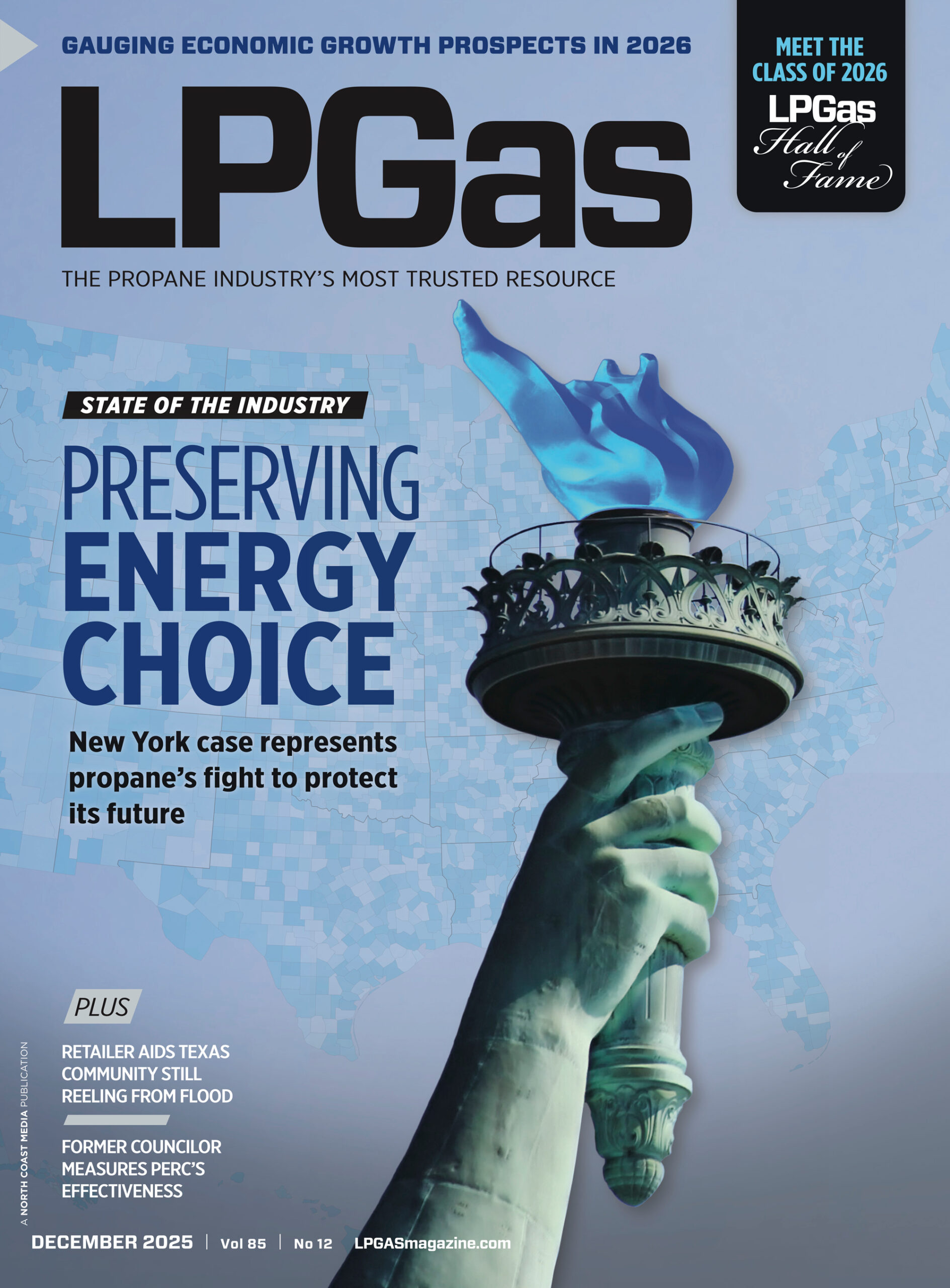Innovations in propane-powered compressor technologies
The increasing demand for energy-efficient and environmentally friendly refrigeration and HVAC systems has spurred significant innovations in compressor technologies, particularly those utilizing propane (R-290) as a refrigerant.
This article explores the latest advancements in propane-powered compressor technologies, focusing on their design, efficiency and integration into modern systems. Key developments include the adoption of variable speed drives (VSD), integration with smart technologies and the use of natural refrigerants. These innovations not only enhance performance but also align with global sustainability goals.

The refrigeration and HVAC industries are undergoing a transformation driven by the need for energy efficiency and environmental sustainability. Propane, a natural hydrocarbon refrigerant with a low global warming potential (GWP), has emerged as a viable alternative to traditional synthetic refrigerants. Recent advancements in compressor technologies have facilitated the adoption of propane in various applications, from residential air conditioning to commercial refrigeration.
One of the most significant advancements in compressor technology is the integration of variable speed drives and inverter technology. These systems allow compressors to adjust their speed according to the cooling demand, resulting in energy savings and improved efficiency. For instance, compressors equipped with VSD can achieve energy savings of up to 30 percent compared to traditional fixed-speed models. This adaptability not only reduces operational costs but also minimizes wear and tear on equipment, extending the lifespan of the compressors.
By incorporating smart technologies – including, but not limited to, Internet of Things (IoT) solutions – into compressor systems, maintenance and performance monitoring have been revolutionized. Smart compressors equipped with sensors can now fully monitor performance metrics such as pressure, temperature and energy use. This real-time data collection enables predictive maintenance, wherein potential failures are identified before they occur. This will significantly reduce both downtime and maintenance costs. Furthermore, IoT integration allows for remote monitoring and diagnostics, enhancing operational efficiency and reliability.
As environmental regulations become more stringent, there is a growing emphasis on the use of natural refrigerants with low GWP. Propane (R-290) is gaining popularity due to its excellent thermodynamic properties and minimal environmental impact. Manufacturers are developing compressors specifically designed to operate with R-290, ensuring optimal performance and safety. For example, Tecumseh has introduced a range of compressors compatible with R-290, catering to the increasing demand for eco-friendly refrigeration solutions.
The integration of propane-powered compressors into hybrid systems that combine renewable energy sources with traditional power has gained traction. These systems utilize solar or wind energy in conjunction with propane to provide a reliable and sustainable energy supply. Such hybrid systems are particularly beneficial in remote areas where access to the grid is limited, offering an efficient and eco-friendly solution for refrigeration and HVAC needs.
Innovations in materials and compressor design have further enhanced the efficiency and reliability of propane-powered systems. The use of lightweight alloys and advanced composites reduces energy losses and improves durability. Additionally, additive manufacturing (3D printing) allows for the production of complex compressor geometries that were previously difficult or impossible to manufacture, leading to more efficient and cost-effective solutions.
Despite the advantages, the use of propane as a refrigerant presents certain challenges. Being flammable, propane requires careful handling and adherence to safety standards. Designing compressors that can operate safely under various conditions is crucial. Additionally, the infrastructure for servicing and maintaining propane-powered systems needs to be developed and standardized to ensure widespread adoption.
The future of propane-powered compressor technologies looks promising, with ongoing research and development aimed at improving efficiency, safety and integration with renewable energy sources. As environmental concerns continue to drive innovation, propane is expected to play a significant role in the evolution of sustainable refrigeration and HVAC systems.
Recent advancements in compressor technologies have significantly enhanced the performance and adoption of propane-powered systems. Through innovations such as variable speed drives, smart technology integration and compatibility with natural refrigerants, propane compressors offer a sustainable and efficient solution for modern refrigeration and HVAC needs. While challenges remain, the continued development of these technologies promises a future where propane-powered systems are a cornerstone of eco-friendly and energy-efficient infrastructure.
Gordon Feller is a Global Fellow: The Smithsonian Institution; a White House appointee of a federal commission advising the U.S. secretary of energy; and an adviser to U.S.-based companies.
Featured homepage image: tttuna/E+/Getty Images
















